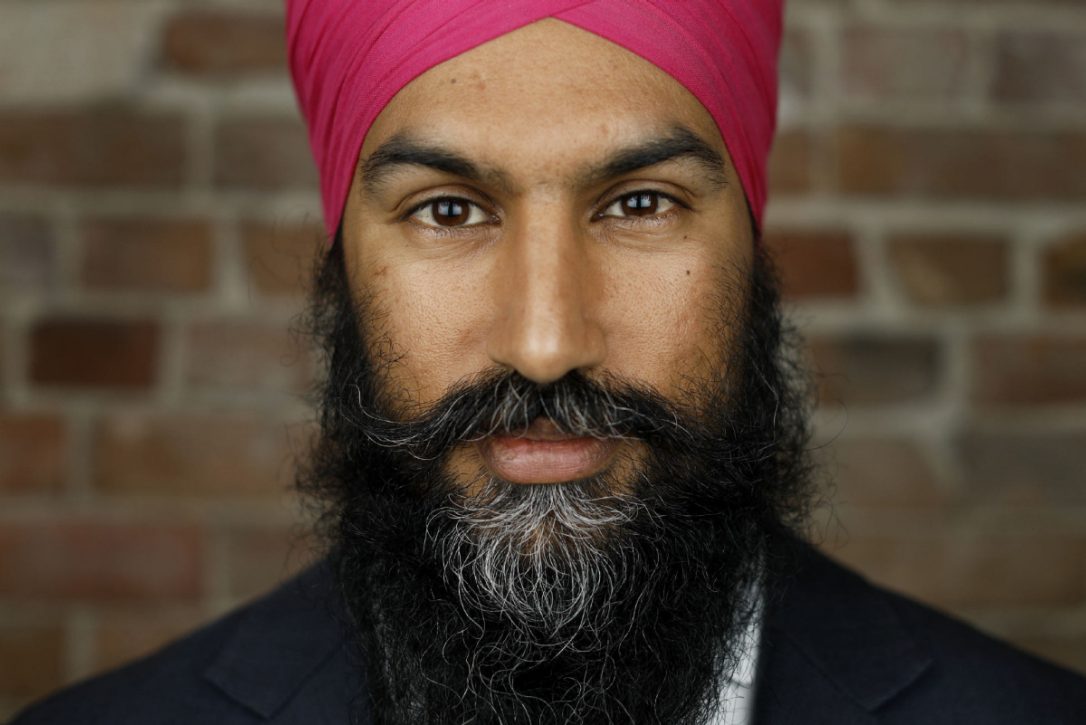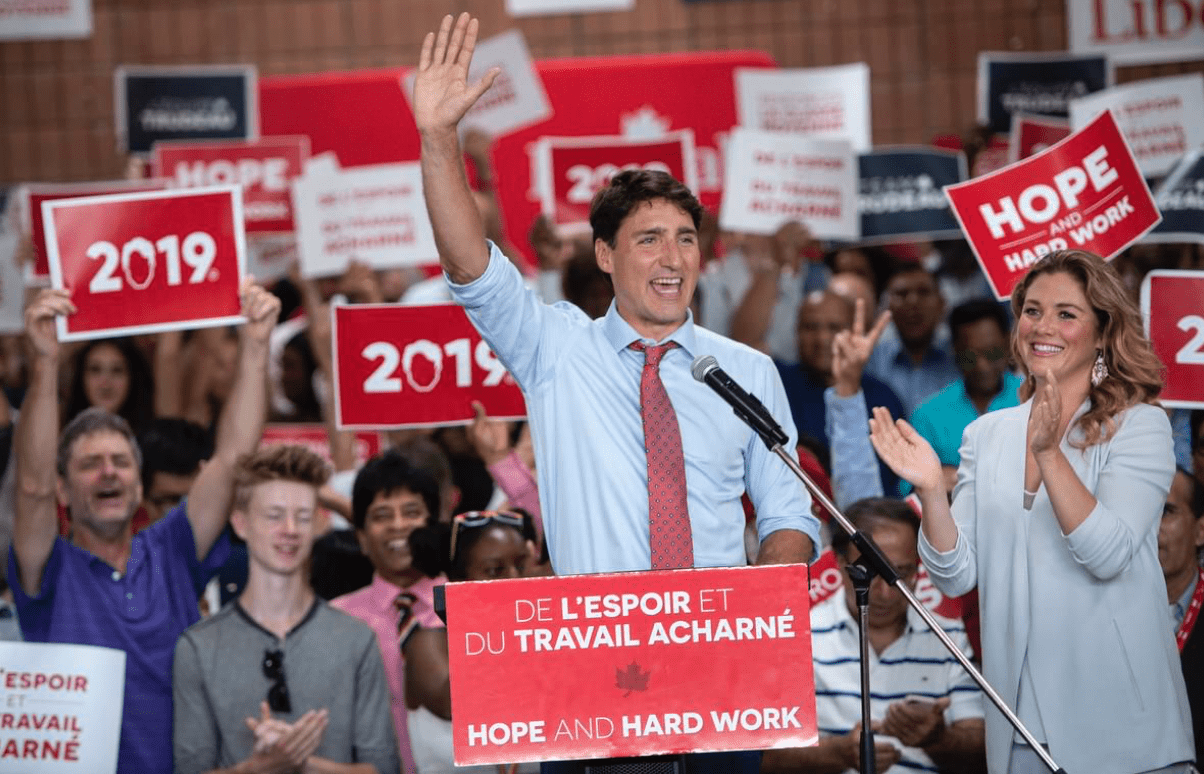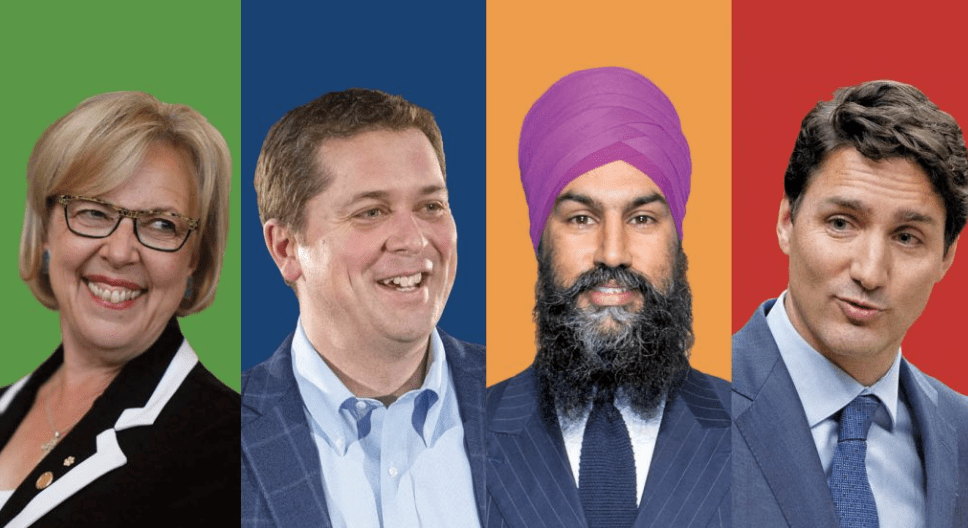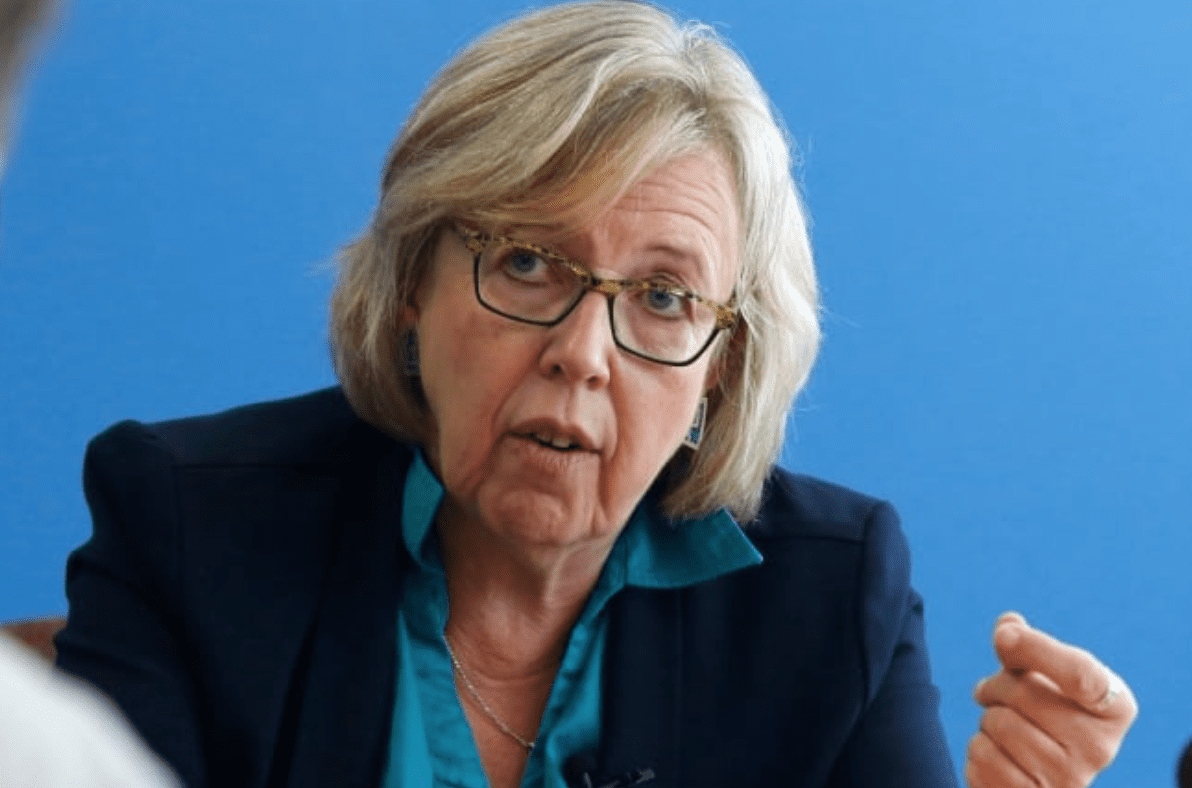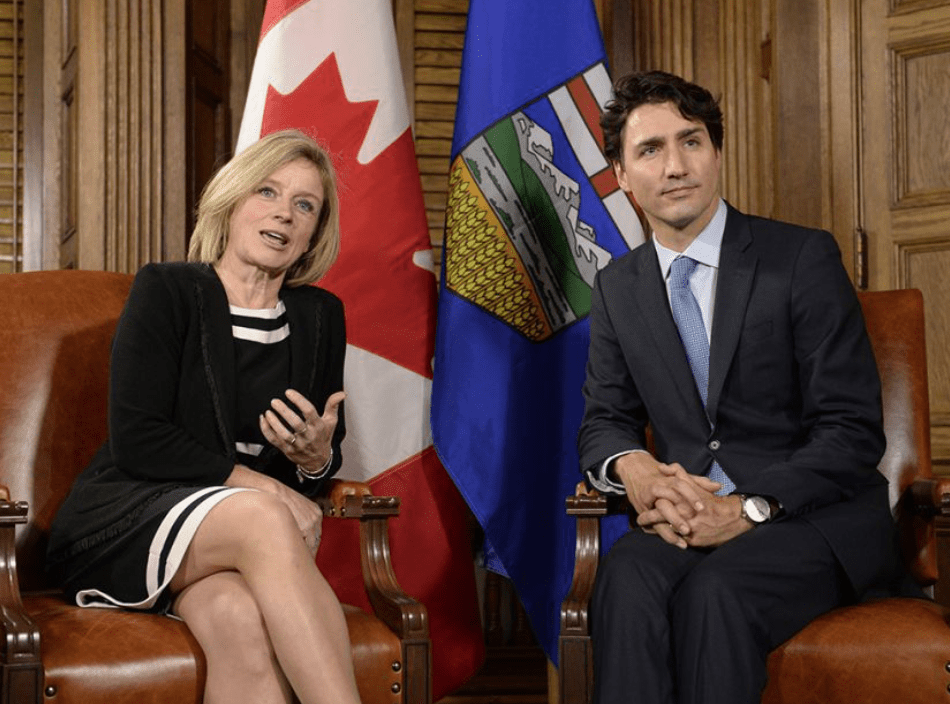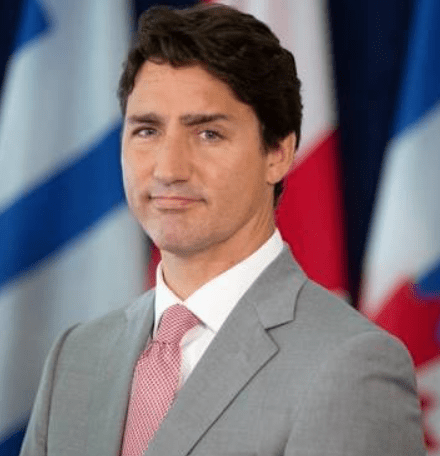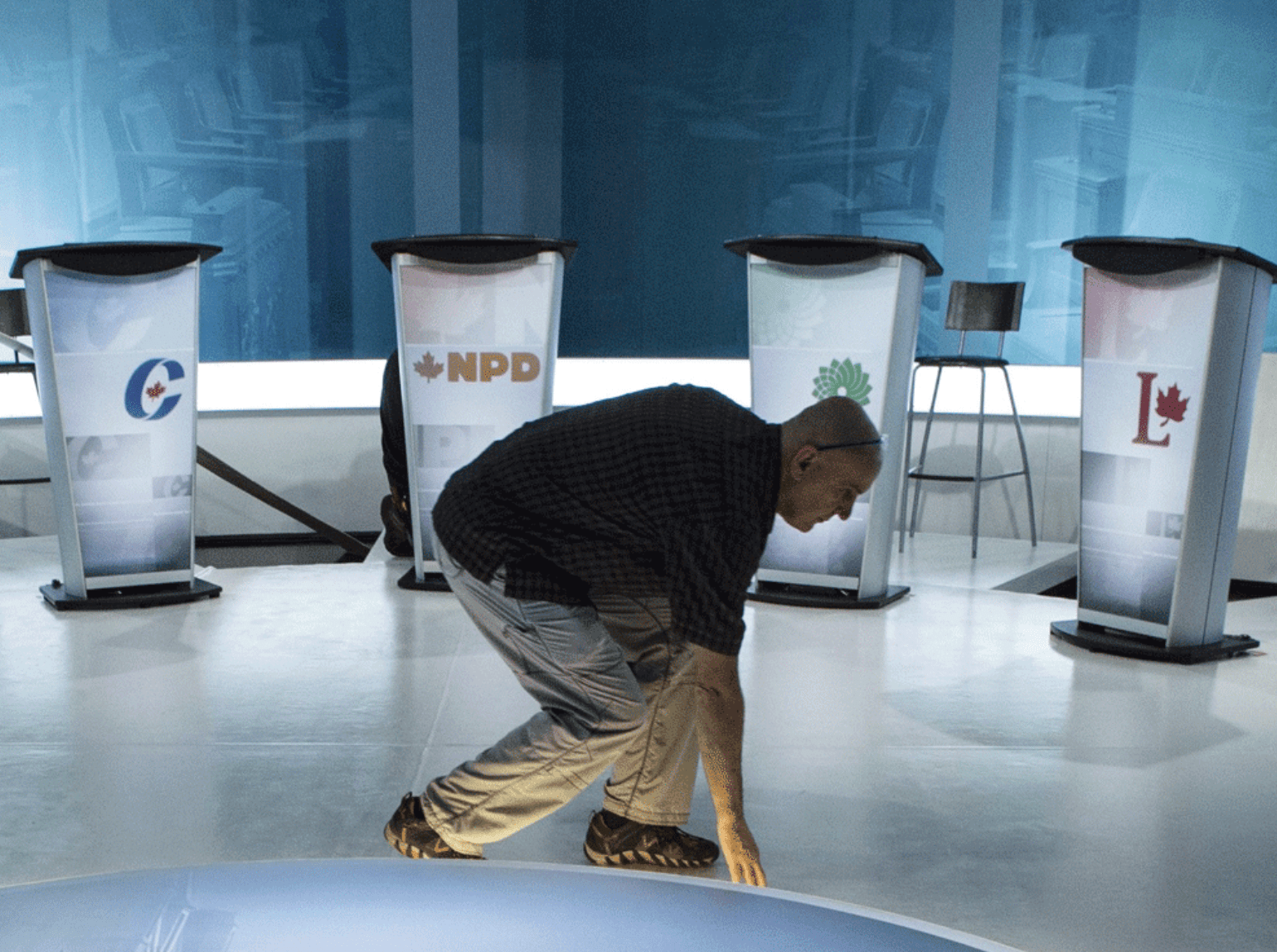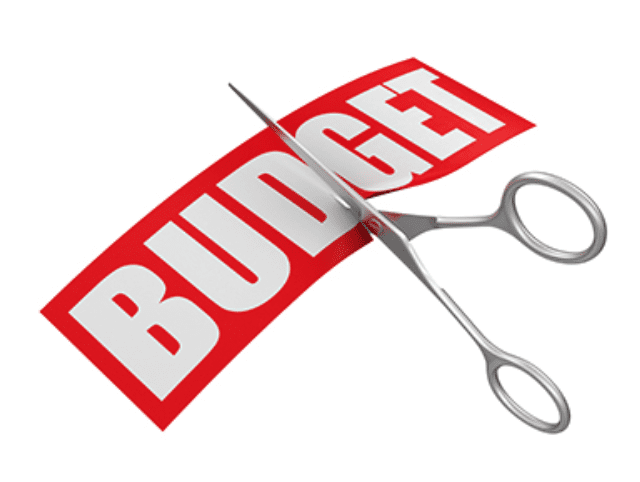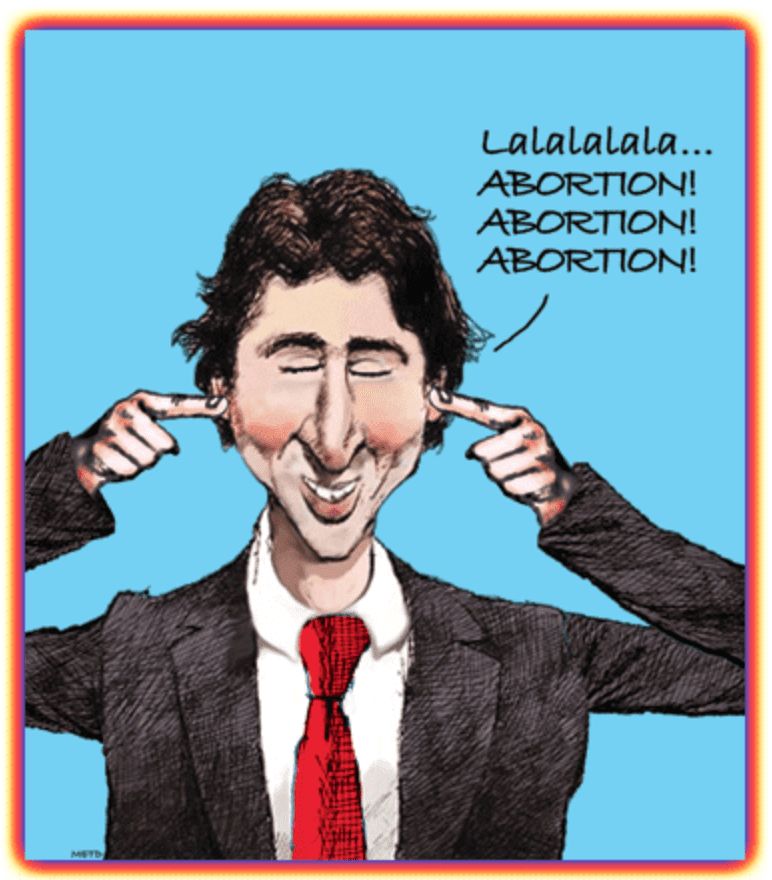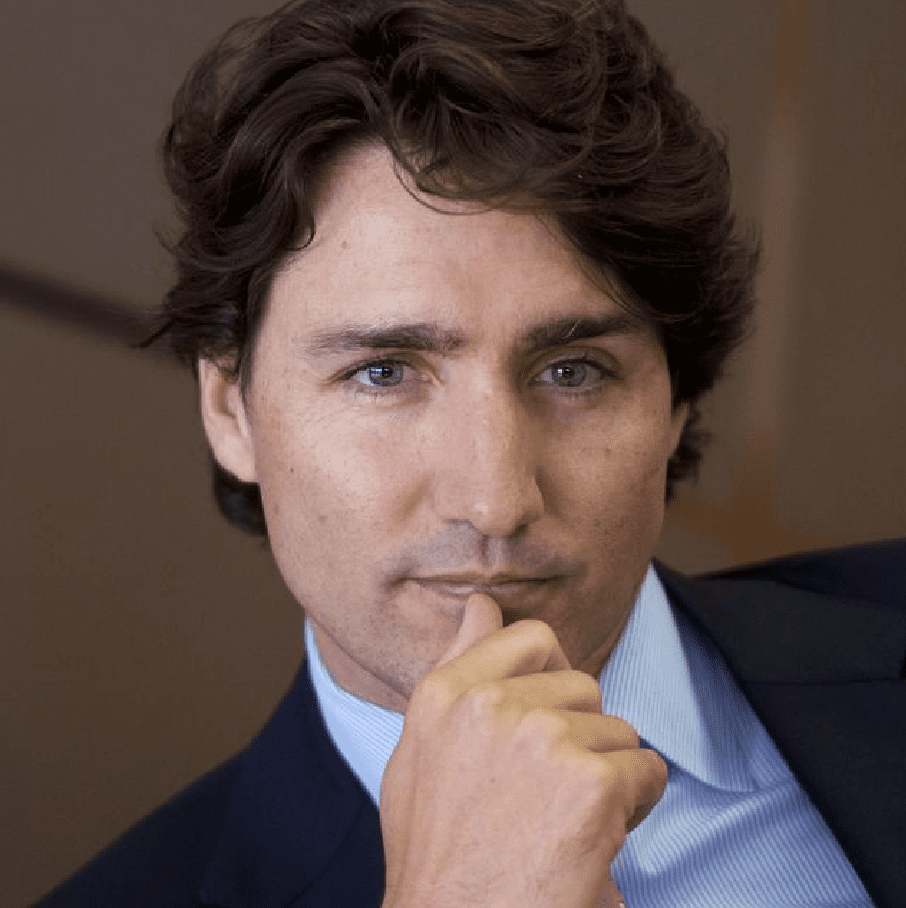I do not personally believe that the NDP will be overtaken by the Green Party in the upcoming election, neither in terms of popular vote and even less in terms of the number of seats. It is however not outside of the realm of possibility. Which is a problem for Jagmeet Singh's NDP.
That plausibility is driven by many indicators. New Democrats are struggling with fundraising while the Greens are racking in record amounts. The Greens have more candidates in place than the orange team. Green Leader Elizabeth May is better known and has better approval ratings than Jagmeet Singh. And New Democrats are defecting to the Green Party starting with MP Pierre Nantel and a number of former New Brunswick provincial candidates though not as many as first boasted by the Greens.
And then there are the polls. Pollsters disagree on the current so-called race for third place. Some (Campaign Research, Ekos, Léger, Mainstream, and Forum) are putting the two parties neck and neck, or even have the Greens ahead. Most others, however, are placing the NDP ahead of the Greens: Nanos, Abacus, Angus Reid, Ipsos, DART, Innovative Research, and Research co.
It is true that the Greens are on the rise in Canada, as proven by numerous provincial breakthroughs in recent years. Moreover, given the growing volatility of the Canadian electorate, I believe that a federal green wave could even be possible. However, I also believe that the Green Party is not yet a professional political machine. In fact, they will argue, they do not want to be.
Alas, as we saw with Prince Edward Island, campaigns matter and campaigning matters. While the Green surge in PEI led them to be ahead in the polls and on the verge of forming its first government in Canada, when voting day came around, Green voters didn't show up at the booth. The pollsters were not wrong: the Green machine was simply not good enough on the ground. The NDP's machine, however, has proven it can be quite efficient, targeting seats and tracking voters as well as the main parties.
In the end, however, New Democrats are stuck in a narrative: they are fighting with the Green Party for 3rd place. Elizabeth May and the Greens, while not coming off particularly good out of the New Brunswick episode, succeeded in derailing the positive coverage following the release of the new NDP ad. In the end, while New Democrats were right to be upset at the New Brunswick defections, while they were right to point out that many of these defectors were not, in fact, defecting, while they were right to be outraged at how the race card was being used as a motivation for the defections, all that people saw was New Democrats fighting with the Greens. They need to get out of that cycle.
Until then, Jagmeet Singh will not be seen as a contender for Prime Minister unlike Jack Layton, Tom Mulcair and Ed Broadbent. And the NDP will not be seen as a contender for power.
Photo Credit: Toronto Star



